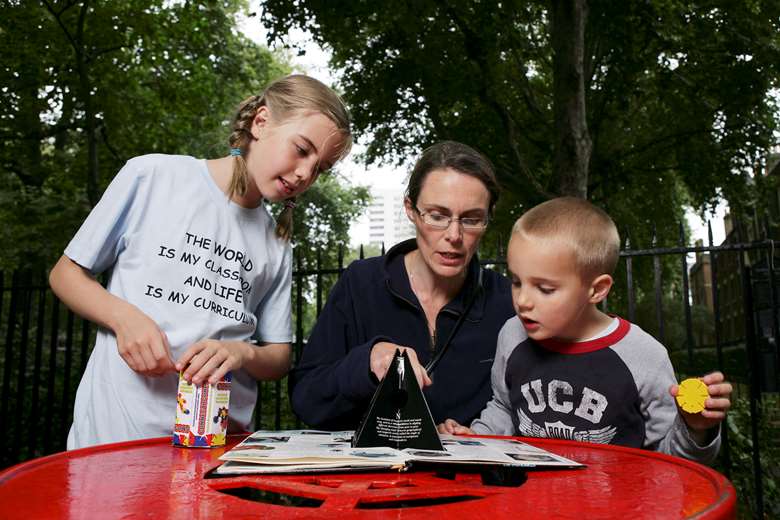Careers: Home education adviser
Charlotte Goddard
Tuesday, March 19, 2013
Advisers provide support to parents whose children are schooled at home, finds Charlotte Goddard

What is a home education adviser?
Also known as home education officers or elective home education advisers, these professionals are employed by local authorities to support parents and carers who choose to educate their children at home.
Local authorities have two duties regarding home education: to provide support for home educating families if they wish it (the level of support varies), and to intervene with families if the local authority has reason to believe that a child is not receiving a suitable education.
Councils are not charged with monitoring the suitability of the education being provided, but job descriptions for the role do often include this element.
Specific duties vary by local authority but the adviser will generally be visiting home educators at home or other locations and assessing the needs of children and the education being provided to them. This will generally entail writing reports on their findings, and may also involve helping families access sources of help and resources in their area.
What other professionals do advisers work with?
In larger authorities or those with relatively high numbers of home-educated children on their books, a number of advisers or officers may work together in a team. In smaller local authorities with low numbers of home-educated children, home education advisers may combine their role with other duties, such as overseeing the education of looked-after children.
The team in which the role is situated varies from council to council. Some are located within behaviour and attendance, and welfare teams; others may be situated within teams dealing with looked-after children or safeguarding. Home educators have argued that this is inappropriate because it stigmatises home-educated children as vulnerable or problematic.
Parliament’s education select committee




